What is a chargeback?
In simple terms, a chargeback is a reversal of a card transaction – a refund.
However, a chargeback is different from a refund in one crucial way. A refund represents a dialogue between the consumer and the merchant, whereby the consumer asks the merchant for their money back; a chargeback is when a consumer asks a bank to withdraw money from a business account forcibly.
Following this request, the bank investigates the consumer’s complaint and, if the bank thinks their dispute is legitimate, the bank can withdraw money from a business account and return it to the consumer.
When does a chargeback occur?
In theory, chargebacks should only occur in instances of fraud. In all other instances, the consumer should approach the merchant first, only going to the bank if the consumer and merchant cannot settle the dispute. This way, the bank can investigate the claim and come to a decision.
How can a chargeback act as a threat to your business?
However, theory and practice are two different things. There are several reasons why consumers circumvent the merchant and go straight to the bank to try and get their money back instead of going to the merchant first.
- Disputing a potential chargeback can be challenging for a cardholder as it requires time to dispute the charge with a customer service representative.
- Disputes with a merchant will most likely require a receipt, which many consumers may no longer possess.
- Consumers may use chargebacks to avoid a handling fee
- Chargebacks require less effort on behalf of the consumer than some refund procedures
However, by going straight to the bank, consumers can inadvertently plunge your business into a lengthy and costly financial dispute that could result in you losing money and stock.
Chargebacks are also vulnerable to being instrumentalised by fraudsters. Because a chargeback doesn’t require the consumer to return the product, fraudsters often purchase products and request bank chargebacks, walking off with your product and their money.
The chargeback process has several flaws that can destabilise a business:
- Whilst a consumer may be entitled to get their money back, if this happens, the consumer is not obligated to return the goods made under the original purchase, which could represent a significant loss for a business.
- Chargebacks circumvent merchants. In all likelihood, the merchant will never know about a bank’s investigation into a transaction unless the bank decides to award a chargeback to a customer and money is taken out of their business account.
- Chargebacks impose a fee on merchants between £20 – £100.
- Even if the chargeback is cancelled, merchants can still be left with an administrative cost.
- Merchant acquiring banks can increase the chargeback fee if multiple chargeback claims are made against a vendor.
- While merchants have the right to dispute chargebacks, crafting an effective dispute takes a significant amount of time and effort.
- Whilst chargeback dispute services are available for businesses, these services are an expensive option.
- While merchants can dispute illegitimate chargebacks, this process is costly, taking time, effort and money.
- While there are services that help businesses contest chargebacks, these services are costly and not without the risk of failure.
How can we help?
At Bespoke Merchant Solutions, we provide you with a dedicated account manager. Our account managers have a 100% chargeback dispute success rate. If your business was to have an investigation brought against it or funds are taken out of your account by the bank, our account managers, who are leading industry specialists, will conduct a free investigation, taking the stress out of the situation and allowing you to go back to doing what you do best.
If you want to protect yourself against chargebacks in the run-up to Christmas or ensure that your time is spent on your business and not on a costly investigation, get in contact today and find out how we can help your Do Business Better!

